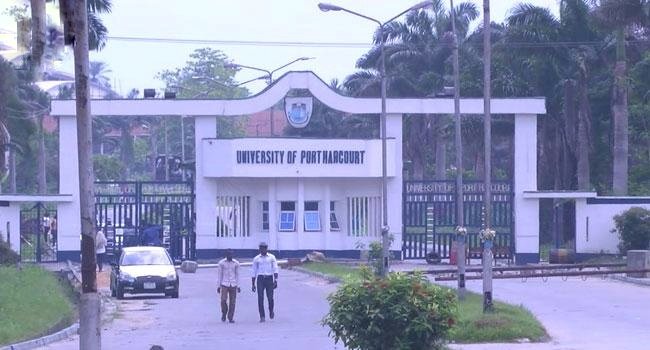Professor Maikudi, a distinguished law expert and the university’s youngest and first female professor of law, took on the acting Vice Chancellor role following the end of Prof. AbdulRasheed Na’Allah’s tenure in June 2024.
Her appointment, however, has sparked controversy, with reports alleging that the Governing Council, led by Kaita, is manoeuvring to make her the substantive Vice Chancellor by loosening qualification standards, an act perceived by critics as a possible compromise to the transparency of the selection process.
According to a report by SaharaReporters, former VC Na’Allah allegedly plays a role in supporting Maikudi’s potential appointment, reportedly due to loyalty ties with Maikudi’s father, who was influential in Na’Allah’s own initial appointment.
On November 6, 2024, Maikudi escalated the dispute by addressing a letter to the Minister of Education via the Executive Secretary of the National Universities Commission (NUC). In it, she expressed serious reservations about the university’s governance, accusing Kaita of actions she believes could “seriously impinge on the good governance, stability, and progress” of the institution.
Key points of contention include the selection of a new substantive bursar, a process Maikudi alleges was disrupted by Kaita’s unilateral appointment of a consultant, bypassing mandatory procedural steps and ignoring Senate input.
Maikudi noted that at an extraordinary council meeting, Kaita unilaterally announced a new bursar without proper endorsement from the council, a move she characterised as a “blatant disregard for due process.”
Additionally, Maikudi reported that her nomination for an Acting Registrar was dismissed by Kaita based on “unsubstantiated legal grounds,” which she believes undermines her authority and threatens the university’s stability.
The acting VC also criticised the council’s reliance on extraordinary meetings for non-urgent matters, which, she argues, consumes critical resources and distracts from essential university business, including staff promotions and disciplinary issues.
In her letter, Maikudi called for immediate intervention to rectify what she sees as an erosion of governance standards. “There is an urgent need for corrective action to restore order, confidence, and a sense of purpose towards responsible governance at the University of Abuja,” she concluded.
As the academic community awaits further developments, stakeholders worry that the ongoing governance crisis may disrupt the smooth running of the institution, casting a shadow on the future of higher education at the University of Abuja.









